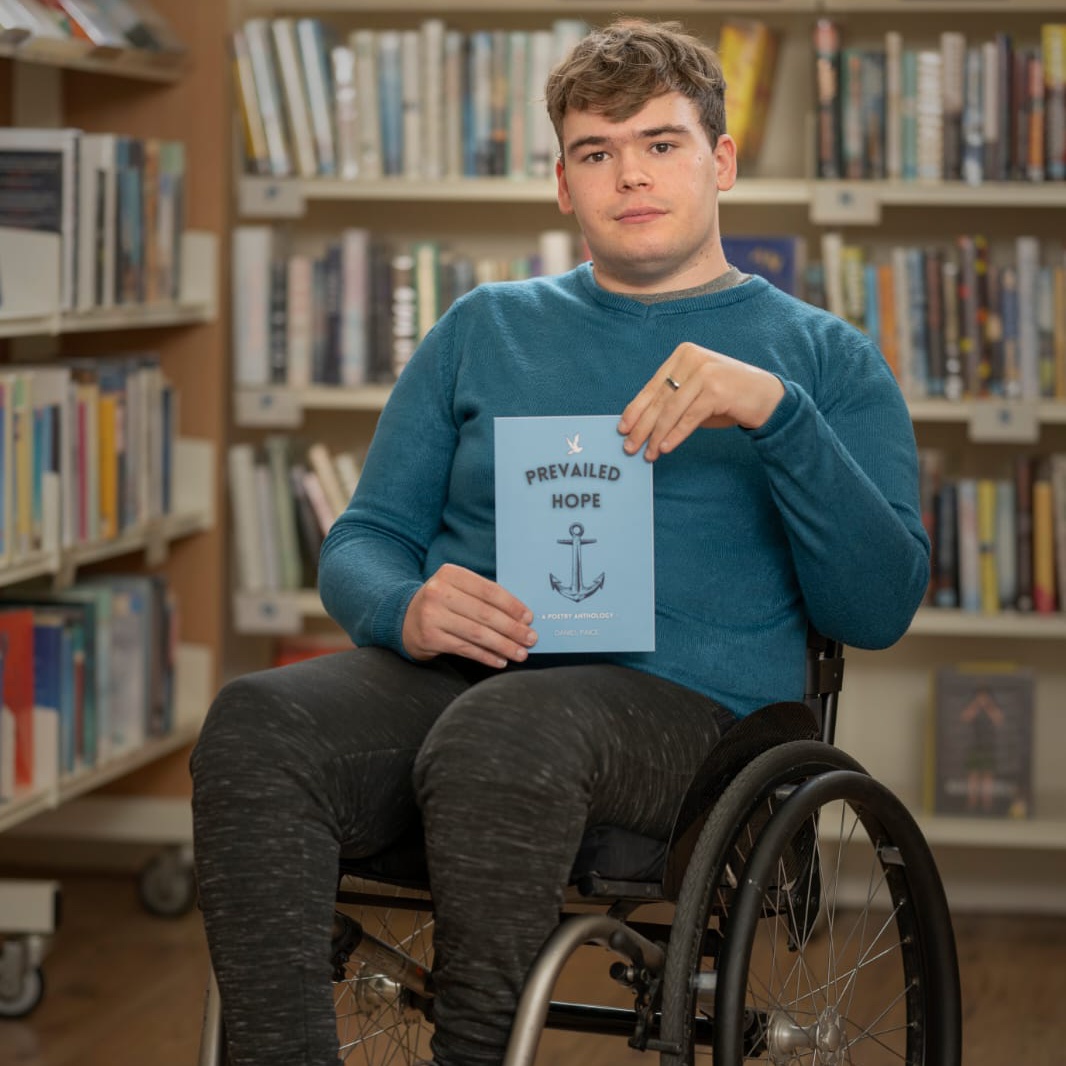Mental Health Discussion: The Joker (2019)
- Daniel Paice

- Aug 14, 2021
- 3 min read
Today I wanted to write something slightly different, like a film review, but also a discussion on the mental health aspects of the Joker (2019) film, because it really has a personal side to it for me.
The Joker is a very powerful film about depression, anxiety and general psychological torment. And depicts the deterioration of Arthur’s mental health mental health and how the system basically puts him down in the form of funding cuts, until he felt he had nowhere to go. And felt so ‘out of it’ as a result. The point of this, in my opinion, is to show that Arthur had to make such a large statement to be heard. In other words, he had to make how he was feeling every else’s problem as well.
Although we’re not all going around killing people, I feel it does say something very poignant about society.
From my experience, if you are struggling with your mental health and you’re not sure who to speak to; how to deal with how you’re feeling, it can be very overwhelming and isolating.
Not a good combination.
And then there’s the thought and feeling of ‘will people believe me, in how I’m feeling?’
When the film originally came out, I couldn’t actually watch it. I wanted to, because I knew that it was quite psychological. And there was quite a lot of psychological analysis behind all the cinematography. I’m very interested in that.
In a way, I thought it would be cathartic.
I was going through some of the darkest periods of my life at the time. I wasn’t sure how triggering it would be. I didn’t know whether the film would actually upset me at the time because it would hit so close to home. There is a great quote from Arthur: “All I have is bad thoughts”. In my opinion, the quote summarises depression well when you’re actually in the rut of depression. It’s not always pitying yourself and feeling sad.
The cold open was really poignant – because he’s laughing, but he’s crying at the same time. And he’s just looking at himself in mirror. It really hit home: the isolation and the whole idea of how we’re ‘supposed’ to look. Smiling through the tears is like when people put a ‘brave face’ on. Arthur was crying alone – empty on the inside – reiterating theme of isolation.
Later in the film, he says, “I was brought on this earth to bring joy and laughter”. I just thought that was really quite humbling, as it summarises the human nature, in a way. This made me think of the train of thought that the happiest people on earth are also the most sad.
I’d say that’s true, in my experience, especially because I’m a very positive person – a very happy person – but then I have my dark moments. And then I feel that I have to put a brave face on because I’m always happy.
That’s the thing.
It’s only in the last couple of years that I’ve been able to be quite open about my mental health.
I noticed, throughout the film the idea that an accumulation of circumstances can gradually bring you down. Which I thought was very poignant again, because when I was at my lowest, the tiniest thing could just trigger a mood swing.
It could be something really mundane and what I now realise as not important on the grand scheme of things. Not having that mental or emotional space to have an element of perspective, I suppose.
Just a thought.
In my opinion, the cinematography through the film was also quite passive. As we’re literally watching what was happening happening and nothing was explained in detail. Obviously, we can connect the dots, and it does make sense. But it also links to the idea of dissociation; when we are depressed, we can feel very empty – like we’re watching life go by.
That feeling of dissociation I can really relate to. So that was really powerful.
And then it was another powerful quote towards the end, where Arthur says, “I wasn’t sure that I existed, but now I do” just after he’d shot the presenter. So it was like he only existed once he had done something bad, as I mentioned above.
This post was a collection of my favourite, and the most memorable aspects of watching the film.
I really recommend you watch the film if you want to educate yourself about mental health. It’s extreme and harrowing. The extremity emulates the mood swings and the extreme emotions you can feel when your mental health is really suffering.
– D
You can pre-order the Prevailed Hope Ebook! The link: https://www.amazon.co.uk/dp/B099M8VN2Y/ref=cm_sw_r_cp_apa_glt_6S34SQMB4Z1K4RN13A4A If Ebooks are not for you, paperbacks will be released on the 12th of October, along with the Ebook.








Comments